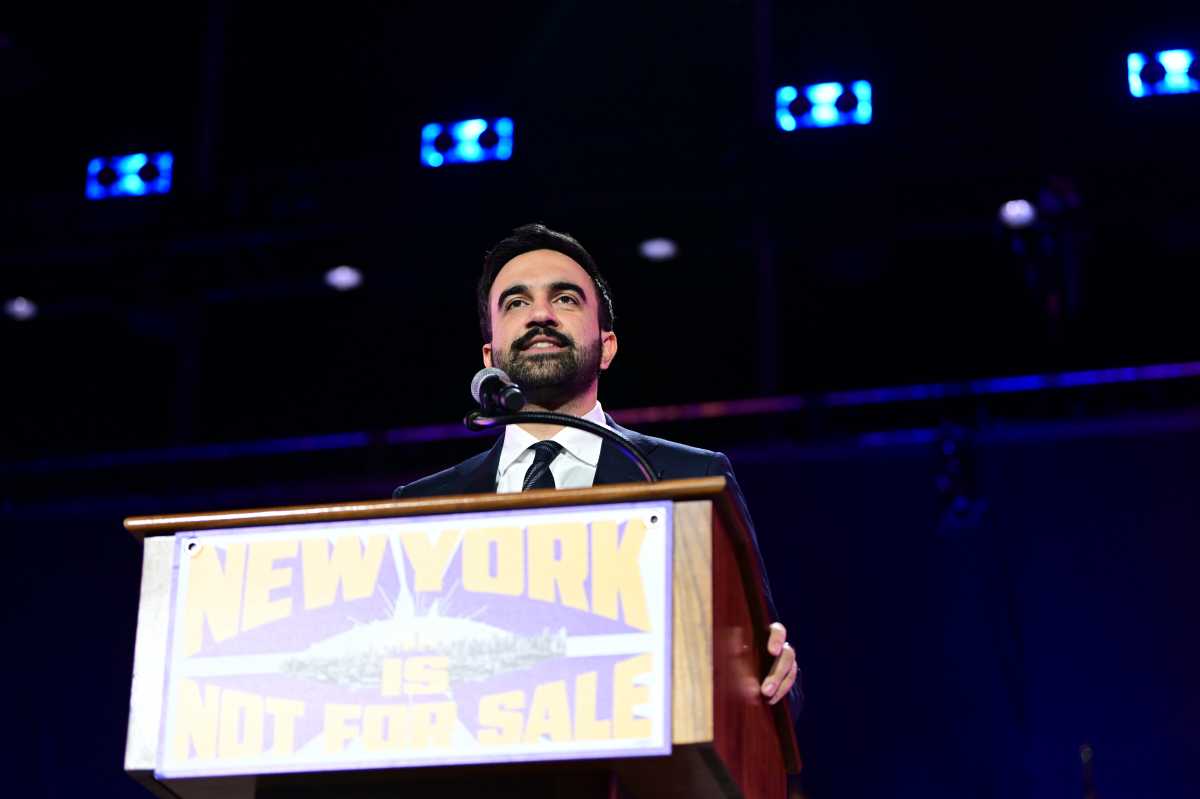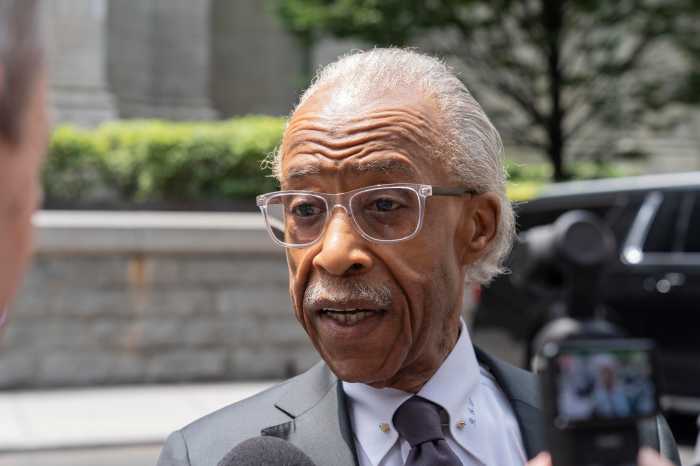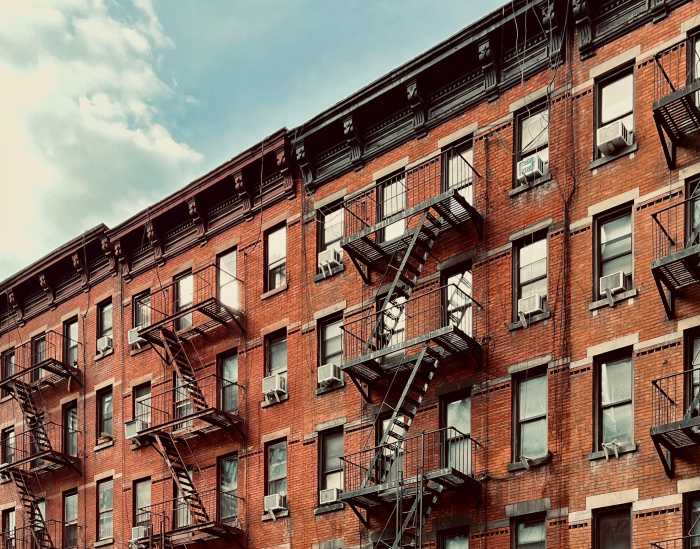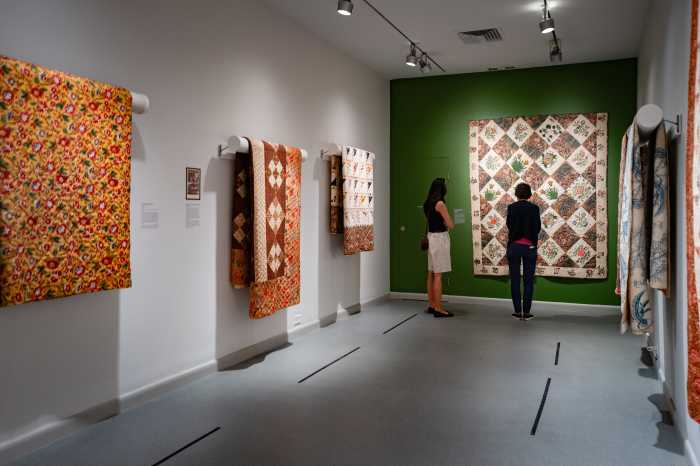Come Jan. 1, Mayor-elect Zohran Mamdani will see which way the winds of Albany are blowing. Will tailwinds propel — or will northerly headwinds off the Hudson buffet — the young mayor?
He bet big on an ambitious affordability agenda during the mayoral campaign, and won — but now Mamdani will need to convince officials in Albany to fund his various campaign promises — including a rent freeze on 2 million rent-stabilized apartments, the elimination of bus fares, and universal childcare.
Already, the challenges of executing the affordability agenda are emerging, including from Gov. Kathy Hochul, who endorsed the Assembly member but has cast doubt over some of his plans. Most recently, Hochul expressed skepticism of Mamdani’s plan to eliminate MTA bus fares.
“I cannot set forth a plan right now that takes money out of a system that relies on the fares of the buses and the subways,” Hochul told NY1 while in Puerto Rico for the annual SOMOS conference. “But can we find a path to make it more affordable for people who need help? Of course we can.”
Mamdani’s fare-free vision for buses would shift the revenue stream for operating them away from fare collection and toward inclusion as part of the city and/or state’s budget through increased taxation or another unspecified formula.

During his campaign, Mamdani said his affordability agenda could be funded through tax increases on New York’s wealthiest individuals and corporations. But neither the mayor nor the City Council has the authority to raise taxes; that responsibility rests with the state legislature and the governor.
The incoming mayor may have two helpful friends at the helm of the state Legislature in Assembly Speaker Carl Heastie and state Senate Majority Leader Andrea Stewart-Cousins, both of whom endorsed his campaign.
When he threw his backing to Mamdani, Heastie said he supported the then-candidate’s proposals for making city buses free and expanding universal no-cost child care, both of which need state approval and funding.
“I’m wholly supportive of those two initiatives,” Heastie told reporters.
Stewart-Cousins also praised Mamdani for his affordability-focused agenda, specifically in the development of more housing.
“It’s something that I know, as mayor, Mamdani will work on until he makes sure everyone in New York City knows that he cares about them, their lives, their present and their future,” the Senate majority leader said while endorsing him in September.
Even with Hochul hesitant on Mamdani’s bus ideas, the incoming mayor’s feels confident that the mayor-elect and governor will be able to work together to fulfill his agenda, with or without tax increases.
In a statement to amNewYork following Hochul’s comments at Somos, Mamdani spokesperson Dora Pekec indicated that the mayor-elect’s team will keep pushing on the campaign promise for free buses: “The Mayor-elect looks forward to working with the governor to fund and deliver on our popular affordability agenda, including universal childcare and fast and free buses.”
Headwinds heading into big election year

Mamdani could face significant headwinds in Albany with any controversial tax proposals, as all the lawmakers he will be working with to implement his agenda — including Hochul — are up for reelection in 2026. New York City accounts for approximately 8 million of New York State’s 19 million residents.
The governor has pushed back on Mamdani’s plan to hike income taxes on New York’s highest earners. Hochul has staunchly opposed Mamdani’s proposed two percentage point tax increase on New Yorkers earning annual salaries over $1 million. A little more than 86,000 New York state residents earn $1 million or more a year, according to published reports.
Hochul and Mamdani broadly align on a handful of major priorities, like affordable childcare. It is this broad alignment on the pair’s main priorities that could make way for a mutually-beneficial working relationship, even if Hochul and Mamdani have to meet each other halfway, said longtime Albany legislative strategist Jack O’Donnell.
O’Donnell said the “relationship between New York City and New York State has been fraught for 150 years” — a relationship punctuated by the eight years that Bill de Blasio served as mayor while Cuomo served as governor. Formerly political allies, de Blasio and Cuomo’s relationship devolved into a notorious feud that came to define policy work between Albany and the city.
“I think since Governor Hochul has come in, I think she really has brought a very different style of governing to the situation,” O’Donnell said.
“It’s no secret that they come to this with different ideological backgrounds and experience,” O’Donnell added. “But I think the real test for both of them is where those interests overlap and what is a success.”
In his first major staffing decisions following his election, Mamdani brought on city and state government veteran Dean Fuleihan as first deputy mayor and right-hand Elle Bisgaard-Church, who is the same age as Mamdani, as chief of staff.
Evan Stavisky, a longtime lobbyist in Albany and president of the public affairs firm The Parkside Group, said that although the mayor and the governor often have to compromise on certain issues to effect meaningful change, that working relationship does not need to be a roadblock to change.
“New York City is a city of big ideas, and Zohran Mamdani was elected mayor running on a platform of big ideas,” Stavisky said. “Not all of those ideas are necessarily completely within the power of the mayor of the biggest city in the country, but that hasn’t stopped mayors from having big ideas before nor will it prevent him or any of his successors from having big ideas.”
Hochul is gearing up for a heated battle in the 2026 gubernatorial election as she seeks a third term — Lt. Gov. Antonio Delgado is mounting a challenge to Hochul in the Democratic primary, while Republican U.S. Elise Stefanik and Nassau County Executive Bruce Blakeman are angling to become the party’s gubernatorial nominee.
Even so, Stavisky said, Hochul’s support across the state remains strong, Republicans’ approval ratings are relatively low 11 months into President Donald Trump’s second term, and her alignment with key Mamdani priorities like affordability and childcare are unlikely to stand in her way.
“Three years ago, she won every single county in the state and was reelected in a tough cycle for Democrats. She’s going into a much easier cycle for Democrats,” Stavisky said. “It’s not necessarily true that she’s going to adapt her politics to fit the election cycle; rather, the election cycle fits her political moment.”






































